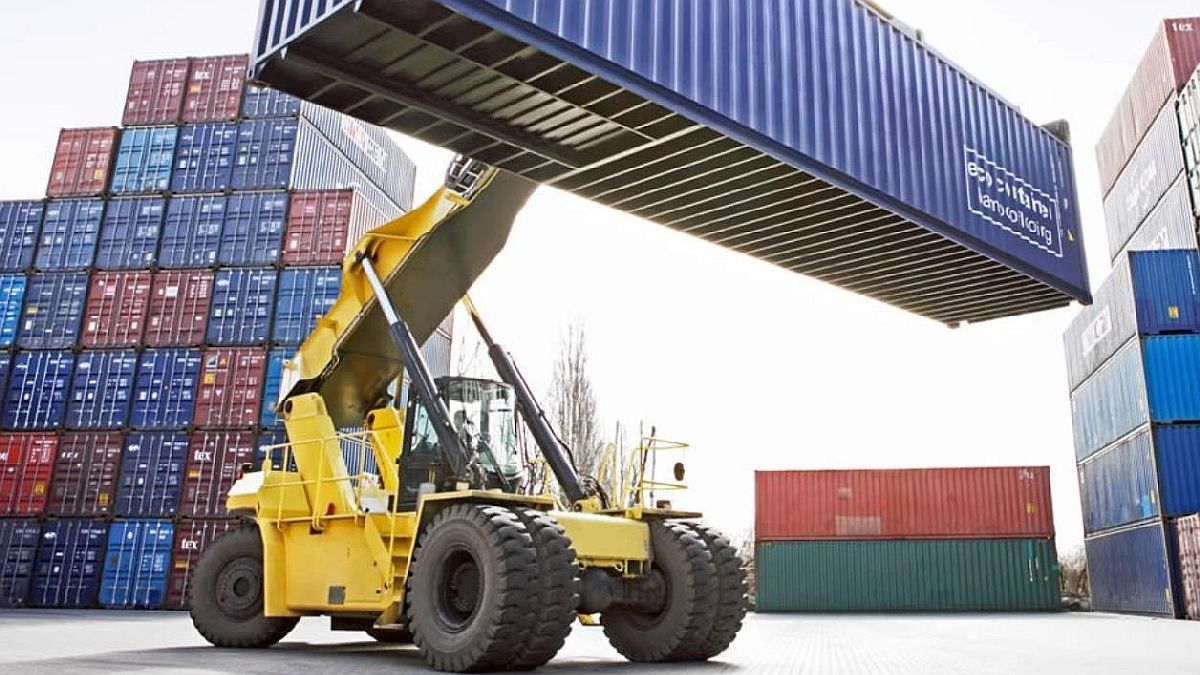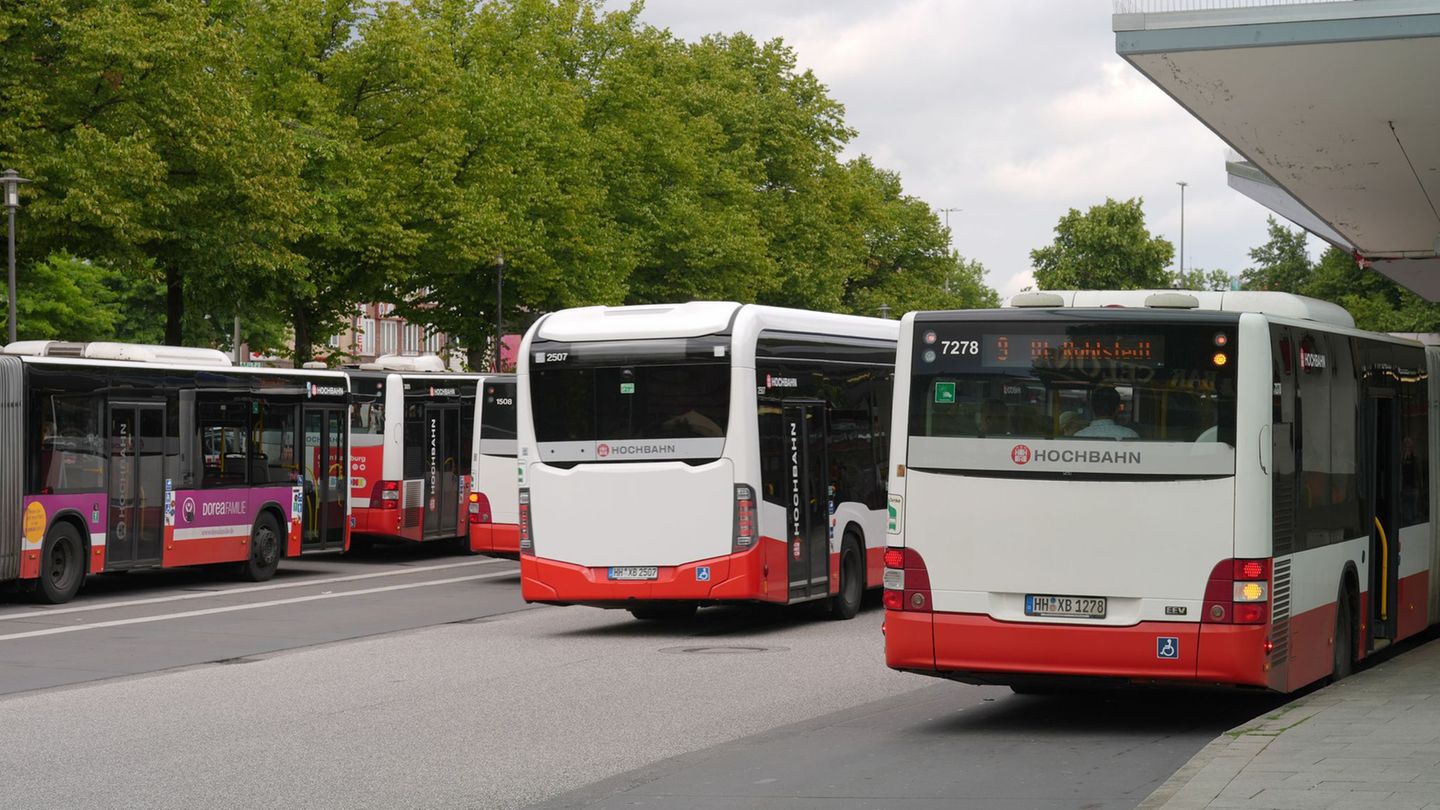Products with LNA are those that are generally supplied by a local industry. This seeks to create a framework of protection. The maximum term is 90 days of validity in accordance with the rules of the World Trade Organization (WTO). In Argentina there are some 1,500 tariff positions with this regime, which account for 17% of total purchases. The rest of the products with Automatic Licenses have restrictions of up to 5% above the value imported last year or 70% of 2020. Above that, they must also obtain a 180-day term. The new measures of the BCRA make a differentiation with SMEs to which it sets a limit of 15% with respect to 2021, as long as they are less than US$1 million.
As pointed out by the Unión Industrial Argentina (UIA) in a statement, the measure “expands the list of goods that require prior financing to access the foreign exchange market.” “These are goods that compete with national production or are considered luxury goods,” says the central.
One of the most important problems generated by the six-month payment term is that it is outside the range of foreign trade uses. Entrepreneurs in the sector commented to Ámbito that when a company places an order with a supplier, it takes up to a month to produce the good, which generally requires an advance payment. After that you have to get a boat and transfer. And after that, the 180 days begin to apply.
With this, the Central Bank is requiring local companies to obtain financing that can actually last up to 9 months and in some cases, up to a year. Y what no one can guarantee is that after that period, Argentina has solved its problem of lack of dollars. For some analysts, the result of the measure is a paralysis of imports, at least, of the tariff positions with Non-Automatic Licenses.
Marcelo Elizondopresident of the International Chamber of Commerce (ICC) in Argentina, affirms that the measures launched by the Central Bank “are nothing new” since, as it says, “it is a deepening of what is there”. Elizondo warns that it is a “financial increase” for companies that import. “Importers are going to have to borrow dollars abroad or ask their parent companies,” he summarized.
In a report, the analyst, director of the DNI consultancy, points out that “partial limiting decisions (in addition, creators of multiple standards through prioritization and discrimination) generate two types of problems.” “The first is objective for those who are prevented from carrying out purchases because their productive activity is restricted. The second is subjective; it creates a climate of fear and suspicion for everyone that causes economic decisions to be deferred or dysfunctionally modified by the actors, when in doubt, ”he indicated.
Source: Ambito
David William is a talented author who has made a name for himself in the world of writing. He is a professional author who writes on a wide range of topics, from general interest to opinion news. David is currently working as a writer at 24 hours worlds where he brings his unique perspective and in-depth research to his articles, making them both informative and engaging.




